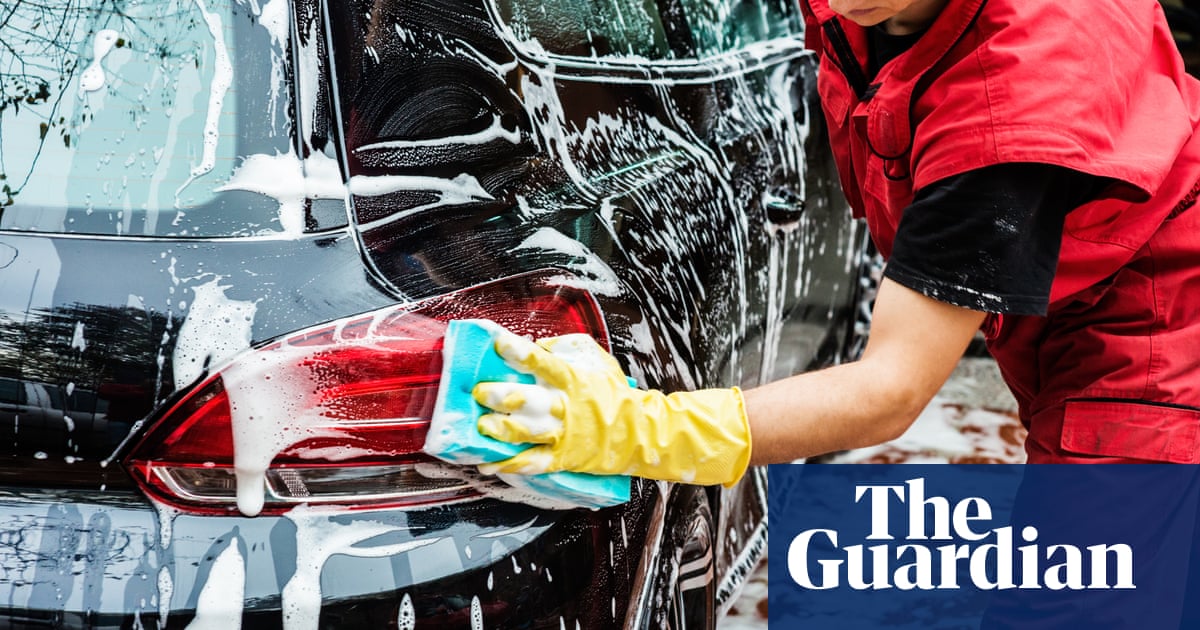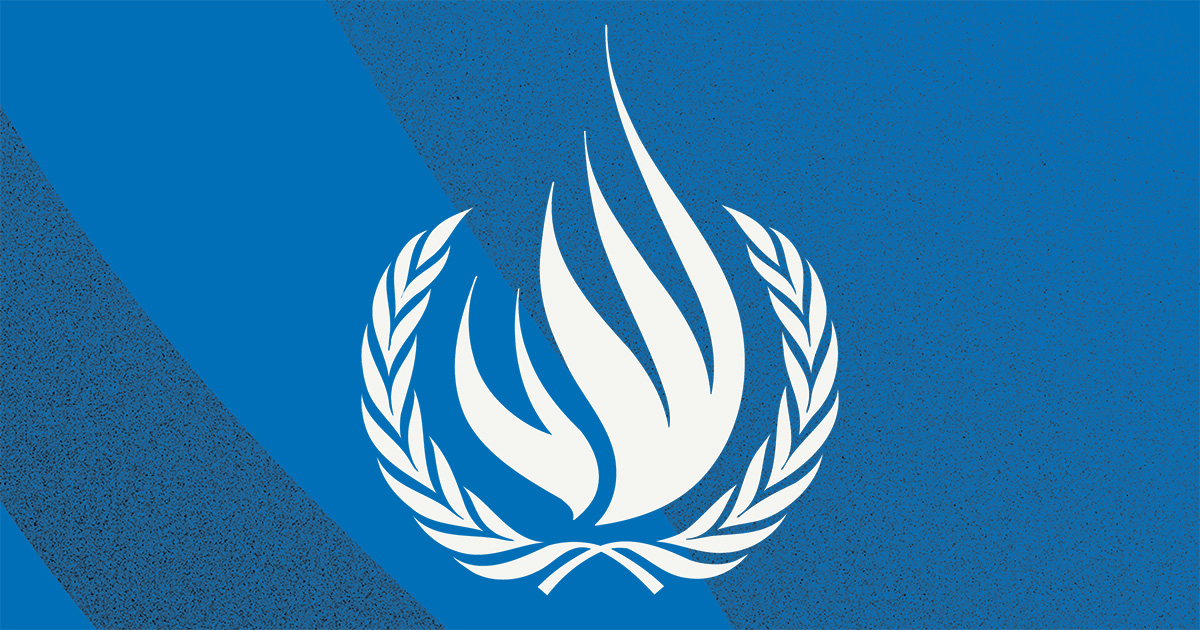
GENEVA (26 April 2024) – Victims of modern slavery in Ecuador’s abaca plantations, who suffered harrowing human rights abuses for decades under the Furukawa Plantaciones company, must be granted legal remedy and reparation in ongoing lawsuits, UN experts* said today.
“It is encouraging to see that Furukawa Plantaciones C.A. is being held accountable in two groundbreaking lawsuits on allegations of bonded and forced labour as well as serfdom,” the experts said. “Over 330 workers in the provinces of Esmeraldas, Santo Domingo de los Tsáchilas and Los Ríos were reportedly subjected to forced labour, servitude and other grave human rights situations in the context of abaca production for over 60 years.”
Abaca is a large plant that is harvested for its fibre.
In a judgment on 15 January 2021, the Ecuadorian court of first instance recognised for the first time that the conditions of Furukawa Plantaciones S.A. workers constituted a violation of the right to equality, non-discrimination, prohibition of serfdom, to health, housing and education and that both the Ecuadorian State and Furukawa Plantaciones bear responsibility. The court ordered them to implement reparation measures. On appeal, the Provincial Court of Justice of the region of Santo Domingo de los Tsáchilas confirmed the company"s liability but exonerated the responsibility of the Ecuadorian State.
A year later, as the Constitutional Court of Ecuador decided to review the case ex officio, workers at Furukawa Plantaciones reportedly continued to suffer harassment and retaliation by the company for seeking justice, in addition to living in extremely precarious conditions, the experts said. On 9 April, the Constitutional Court initiated a review hearing regarding the alleged omission of the Ecuadorian State, the direct liability of the company and the duty to pay reparations. Its verdict is expected in the coming weeks.
In parallel, the Criminal Court of Santo Domingo is expected to decide on 20 June 2024 if Furukawa Plantaciones should face criminal sanctions based on the human rights abuses it allegedly committed, including trafficking in persons for the purpose of labour exploitation.
“Both trials are a unique opportunity for Ecuador to do justice to the victims. Furukawa Plantaciones must be held accountable for the human rights abuses committed, and adequate, effective and prompt reparation must be granted to the victims. Human rights defenders must be protected instead of being intimidated,” the experts said.
They also called on Ecuador to be more effective in preventing contemporary forms of slavery by strengthening its laws and rules, and by ensuring labour inspections regularly and effectively take place, particularly in high-risk sectors of the economy. “The Government and the private sector must ensure that all business operations are in line with the UN Guiding Principles on Business and Human Rights.”
“We are impressed by the courage and the resilience of the community, human rights defenders and civil society activists that have fought for their rights despite alleged intimidation, threats and blackmailing,” the experts said.
*Tomoya Obokata, Special Rapporteur on contemporary forms of slavery, including its causes and consequences; Robert McCorquodale (Chair-Rapporteur), Fernanda Hopenhaym (Vice-Chair), Pichamon Yeophantong, Damilola Olawuyi, Elzbieta Karska, Working Group on business and human rights; Farida Shaheed,Special Rapporteur on the right to education; Michael Fakhri, Special Rapporteur on the right to food; Pedro Arrojo-Agudo, Special Rapporteur on the human rights to safe drinking water and sanitation
For media requests and enquiries, please contact Vanessa Asensio Perez (vanessa.asensioperez@un.org).
For media enquiries regarding other UN independent experts, please contact Dharisha Indraguptha (dharisha.indraguptha@un.org).
Follow news related to the UN"s independent human rights experts on X: @UN_SPExperts.








